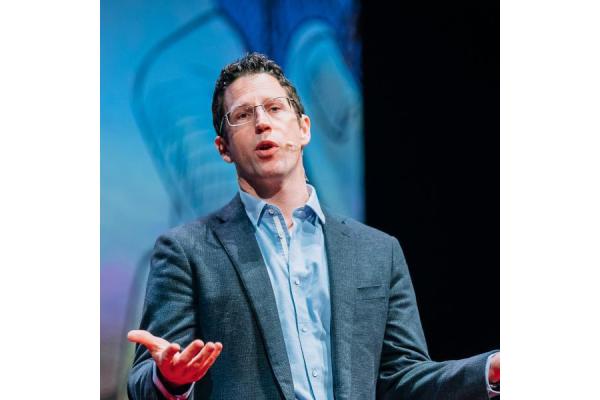
Please join CSEEES, the Serbian Educational Alliance (SEA), and the Faculty of Political Science at the University of Belgrade for the first event in this year's SEA Spring Lecture Series.
Rethinking American Grand Strategy, from the founding to the present day
What is grand strategy? What does it aim to achieve? And what differentiates it from normal strategic thought--what, in other words, makes it "grand"?
In answering these questions, most scholars have focused on diplomacy and warfare, so much so that "grand strategy" has become almost an equivalent of "military history." The traditional attention paid to military affairs is understandable, but in today's world it leaves out much else that could be considered political, and therefore strategic. It is in fact possible to consider, and even reach, a more capacious understanding of grand strategy, one that still includes the battlefield and the negotiating table while expanding beyond them.
Drawing on his acclaimed recent edited volume and related work, Rethinking American Grand Strategy, which assembled a roster of leading historians to examine America's place in the world, in his presentation Nichols will argue that just as contemporary world politics is driven by a wide range of non-military issues, the most thorough considerations of grand strategy must consider the bases of peace and security-including gender, race, the environment, and a wide range of cultural, social, political, and economic issues. Rethinking American Grand Strategy recasts both historical and modern dimensions of U.S. grand strategy by broadening the factors, events, and figures that could be considered political, and therefore strategic. Join us for a 30-minute lecture with one of the volume’s co-editors, Christopher McKnight Nichols, laying out some of the broad themes, major events, and transformations in U.S. grand strategy, including an explanation of how an ensemble of leading scholars approached the history of the United States’ place in the world from the framework of rethinking.
Speaker Biography: Christopher McKnight Nichols is Wayne Woodrow Hayes Chair in National Security Studies and Professor of History at The Ohio State University, at the Mershon Center for International Security Studies, An Andrew Carnegie Fellow and award-winning teacher as well as scholar, Nichols is a frequent public commentator on U.S. foreign relations and domestic politics in historical perspective and a staunch advocate for history and the humanities. Nichols is best known for authoring Promise and Peril: America at the Dawn of a Global Age (Harvard, 2011, 2015), and he is editor or author of five other books, including the recently published Rethinking American Grand Strategy (Oxford, 2021) and Ideology in U.S. Foreign Relations (Columbia, 2022).
